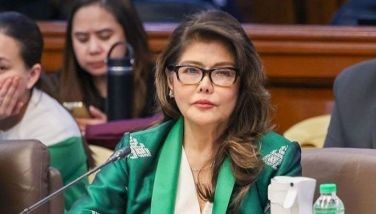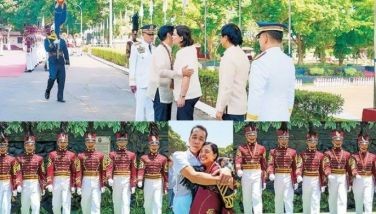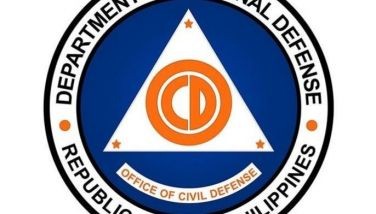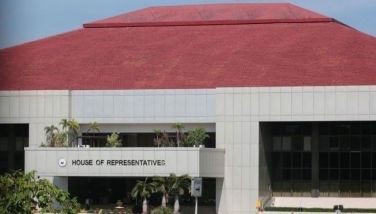Duterte to create task force on media killings
July 3, 2016 | 6:03pm
MANILA, Philippines -- President Rodrigo Duterte will form a task force that will address the killing of journalists, the same issue that strained a formerly cordial relationship with the media.
Communications Secretary Martin Andanar said his legal team and that of Executive Secretary Salvador Medialdea are drafting an administrative order (AO) that would define the roles of the presidential task force.
“We are doing this so that our colleagues in the media will feel safe and to stop the extrajudicial killings of members of the media,” he told state-run radio station dzRB in Filipino yesterday.
“Our lawyers in the legal department of the PCO (Presidential Communications Office) and the Office of the Executive Secretary are drafting it (AO on presidential task force against media killings),” he added.
Andanar noted that there is an existing interagency committee on extralegal killings. He said the soon-to-be-released AO would allow the government to focus on the killing of media practitioners.
“Existing (committee) is (tasked to address) extrajudicial killing. It is very broad so we zero in on (incidents involving) media,” he told The STAR yesterday.
Andanar made the announcement just three days after Saturnino Estanio Jr, a broadcaster in Surigao City survived an ambush, the first incident of media violence under the Duterte administration.
The 41-year old Estanio, an anchorman for dxRS Radio Mindanao Network, is known for his commentaries against illegal drugs and illegal gambling. His five-year-old son, was wounded in the attack and is now being treated at a local hospital.
Last May, Duterte stirred controversy after saying that some of the slain journalists were involved in extortion or shady transactions.
Some media groups and the United Nations have scored Duterte for his remark, which they interpreted as an apparent endorsement of media killings.
Duterte, however, claimed that his statement was misinterpreted and maintained that he would never condone extrajudicial killings because those are against the law.
The president, who used to hold lengthy late-night press conferences, has since evaded journalists and has said he will not grant interviews until the end of his term.
Press situation in Philippines 'very difficult'
The Philippine press has been dubbed as the “freest in Asia” but the country still ranks low in terms of media freedom due to the risks faced by Filipino journalists.
The Philippines ranked 138th in the 2016 World Press Freedom Index, making it one of the countries with “very difficult” press situations in the world.
While the ranking was an improvement from 141st in 2015, Reporters Without Borders, the media watchdog behind the index, noted that those behind the killing of journalist “usually go unpunished.”
“Often committed by private militias in order to silence reporters who are investigating them, these murders usually go unpunished. In this climate of terror, media outlets succumb to self-censorship or corruption, in which journalists receive ‘favors’ in exchange for positive coverage,” the group said.
More than 150 journalists have been killed since democracy was restored in the country in 1986, according to watchdog Center for Media Freedom and Responsibility.
Previous administrations have formed bodies that would address extralegal killings. In 2007, then president Gloria Macapagal-Arroyo issued AO No. 211 creating a task “against political violence.”
In the order, Arroyo called political violence “a fundamental moral and governance challenge.”
The task force was directed to “prioritize the formulation and implementation of measures to prevent further political violence and ensure peace and security all over the country.” It consisted of representatives from the Justice, Defense, Interior and Local Government departments, offices of the national security adviser, political adviser, Presidential Human Rights Committee, and the Philippine Information Agency.
In 2012, President Benigno Aquino III created an interagency committee on extralegal killings, enforced disappearances, torture and other grave human rights violations through AO No. 35. The committee was tasked to make an inventory of all cases of extralegal killings, investigate unsolved cases, monitor and report cases under investigation and trial, investigate and prosecute new cases.
BrandSpace Articles
<
>
Philstar
x
- Latest
- Trending
Trending
Latest
Trending
Latest
Recommended
April 18, 2024 - 12:00am





























